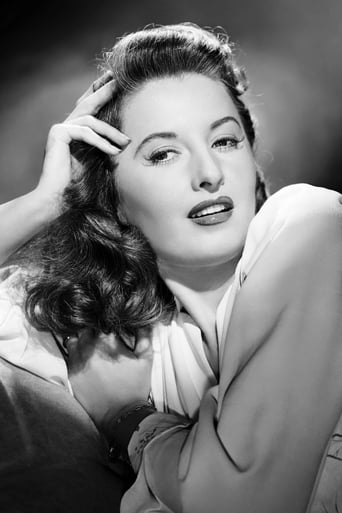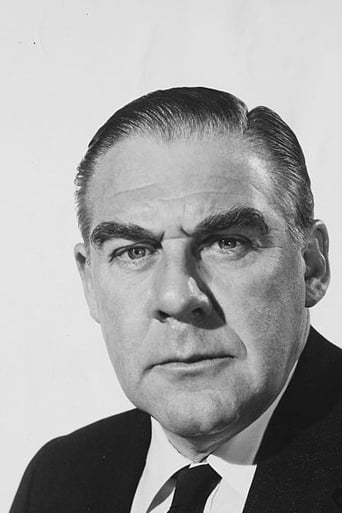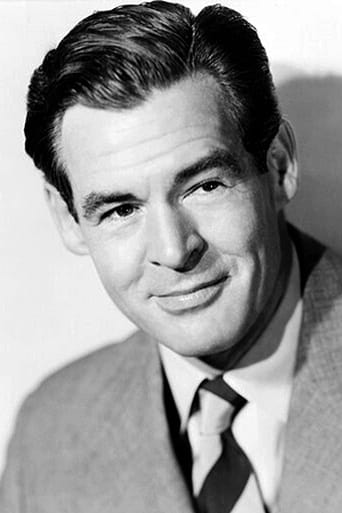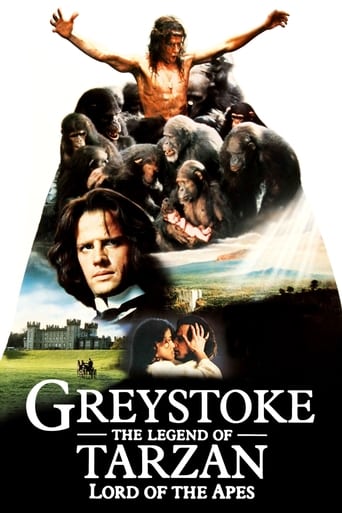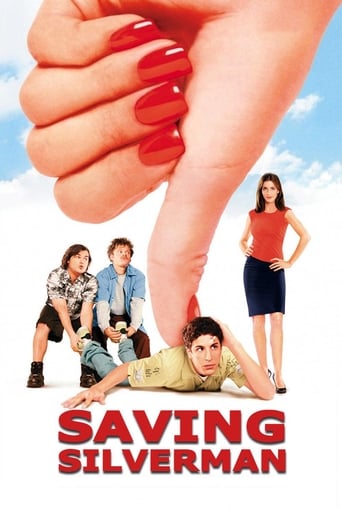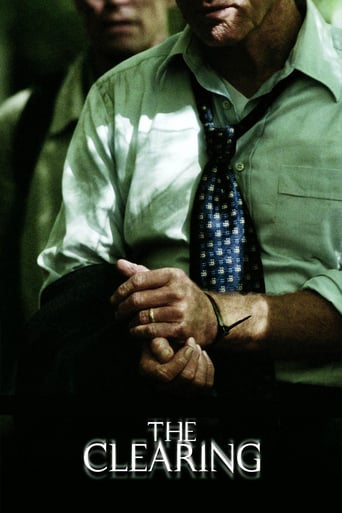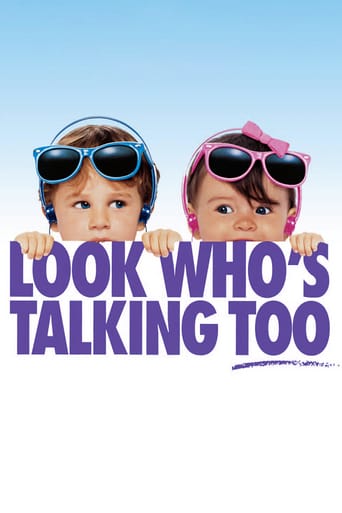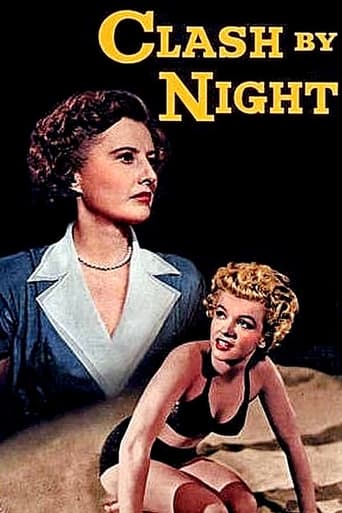
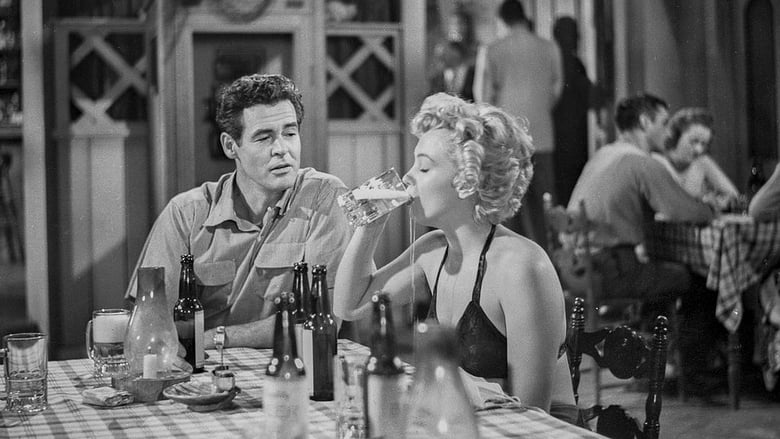
Clash by Night (1952)
An embittered woman seeks escape in marriage, only to fall for her husband’s best friend.
Watch Trailer
Cast
Similar titles

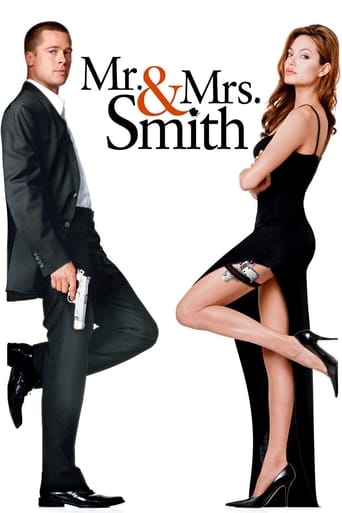
Reviews
Perfect cast and a good story
hyped garbage
Like the great film, it's made with a great deal of visible affection both in front of and behind the camera.
The tone of this movie is interesting -- the stakes are both dramatic and high, but it's balanced with a lot of fun, tongue and cheek dialogue.
. . . had to write essays about how THEY thought a short story called "The Lady or the Tiger" REALLY ended. He said that he always thought that there was a Tiger behind the Green Door. It seems that CLASH BY NIGHT--also from the 1900s--has an ambiguous "Lady or Tiger" conclusion as well. Though Brutish Sardiner Jerry SAYS that Baby Gloria is sleeping, there are absolutely NO baby sounds coming from the other room below decks on this movie's soundtrack. This leaves viewers to wonder exactly WHAT greets life-long wanton strumpet Mae when this adulterous mommy ventures behind her own Green Door. Is it a preternaturally quiet babe sleeping safe and sound, as the Cuckolded Papa Jerry has suggested? Or has this bear of a man been exposed to one DANGEROUS LIAISON too many, and gone all Glenn Close over Mae's FATAL ATTRACTION? (Only this time it's not RABBIT stew simmering in the cook pot.) It's hard to guess how the Papal Reps controlling America's censor board in 1952 would have resolved this conundrum, had they not been too preoccupied molesting all the local lads.
Set in Monterey, California, this movie's opening sequence with its early-morning shots of people at work quickly illustrates the importance of the fishing industry to the local economy and crashing waves signal the turmoil that follows when one of the town's residents returns after an absence of ten years. Emotions run high in this tale of betrayal, adultery and selfishness whilst the passions of its characters ensure that violence, or the threat of it, is never far away.When Mae Doyle (Barbara Stanwyck) returns to Monterey, she says it's because "home is where you come when you run out of places" and describes her life in four words "big ideas, small results". Deeply cynical and disillusioned after years in the big city, she comes back to her old home where her younger brother Joe (Keith Andes) is less than thrilled to welcome her back and after a couple of weeks, she starts a relationship with Joe's boss Jerry D'Amato (Paul Douglas). On their first date, fishing boat owner Jerry, introduces Mae to his good friend Earl Pfeiffer (Robert Ryan) who's a movie projectionist. He's immediately attracted to Mae but she says she doesn't like him.Good-natured Jerry and the more sophisticated Mae decide to get married despite her admission that she doesn't love him. She marries mainly for the security and stability she thinks it'll give her and when she also becomes a mother, Jerry's extremely happy. The restlessness that had always been a part of Mae's character starts to trouble her again when she gets bored with her married life and soon after, starts an affair with Earl. He's a hard-drinking woman-hater who's recently divorced his wife who was a touring burlesque performer. When Jerry's told about the affair, he challenges his wife and his friend face-to-face and Mae says she wants to stay with Earl but the events that follow, make the final outcome uncertain right up to the story's dramatic conclusion.Loneliness or the fear of it plays a significant part in the relationships of the main characters as it's an implied factor when Mae hooks up with Earl and then later, when Jerry wants to take her back, she says "everyone is lonely, lost". Earl, on another occasion says "help me Mae, I'm dying of loneliness" and Jerry, after recognising his father's loneliness, says to Mae "I suppose that's what everyone's afraid of, getting old and lonely". The link between powerful passions and violence is also referred to as Joe makes it clear to his girlfriend Peggy (Marilyn Monroe) that he considers it perfectly acceptable for a man to give his wife a black eye if necessary and even more powerfully, when the extremely mild-mannered Jerry becomes determined to strangle Earl to death.The opening sequence of this movie is very effective and the grim realism of the melodrama that follows adds greatly to its power and authenticity. The quality of the acting is also generally good with Barbara Stanwyck and Robert Ryan standing out and Marilyn Monroe making a strong impression in one of her earliest dramatic roles as the very spirited Peggy.
Fritz Lang, the German director who emigrated to Hollywood, is famous for Metropolis, one of the most original films of all time, and also one of the most atrociously acted. Lang had guts--let's give him his due!--and wasn't afraid to deal with lust and sex in a way more conventional studio directors avoided. However, everything he chose to touch upon, he eventually hammered down with his notorious heavy-hand. Everything here is over-done, exaggerated, spelled-out twice. Marilyn Monroe, who had only to walk in front of the camera to be erotic, wiggles and contorts her body in a way equal to the metal robot in Metropolis. A parody of sex rather than a portrait.
The strength of this film is in the clearly drawn characters and character development as the film progresses. The acting is excellent. There is also a good sense of atmosphere and place, especially in the beginning. The unfolding of the plot is consistent with these characters, and seems almost inevitable. And that is part of the problem. You can sense where the movie is going, and it seems to take forever to get there. Meanwhile, you are wondering, why should I care?The secondary couple, Marilyn Monroe and her boyfriend, don't get a lot of screen time and are not closely integrated into the plot. They are there, presumably, for some moral message about relationships, though what that is is not entirely clear. Apparently, it is that women like strong, protective, domineering men, even, or especially, women who are strong, themselves.It is, of course, interesting to see Marilyn in an early role, before she had become somewhat typecast as a ditsy blonde. Here she is only slightly ditsy, but otherwise gives good depth and naturalness to her character. The wonderful luminous vulnerability that was her strength is already there. The movie opens with great promise, the atmosphere of the sea and the cannery, and then you see Fritz Lang and Clifford Odets in the credits, and you think perhaps you have come across a forgotten masterpiece. Not quite. In the perspective of the times, there was some really wretched acting coming out of Hollywood in the early 1950s, especially in the historical epics. But there were also some great serious dramas, like From Here to Eternity, Streetcar Named Desire, and Marty. Clash by Night seems to mix elements of all three. Audiences probably would have been drawn in by the juicy theme of adultery, and I guess it would have been pretty spicy for the times. Overall, it is an interesting, erudite movie, if somewhat boring. The big mystery, though, is what does the title mean: "Clash by Night"?
